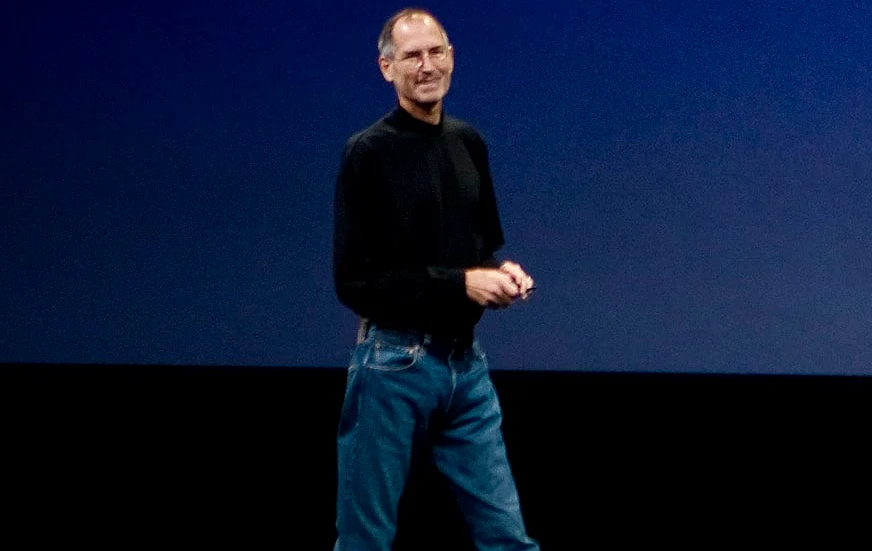The comparison between what Microsoft wrought in the 1980s and what Google was trying to do in 2010 was not exact,
将微软在20世纪80年代的所做和谷歌在2010年的所为放在一起比较虽不恰当,
but it was close enough to be unsettling -- and infuriating.
但也足以令人不安和愤怒。
It exemplified the great debate of the digital age: closed versus open, or as Jobs framed it, integrated versus fragmented.
这体现了数字时代的大辩论:封闭还是开放,或者用乔布斯的话来说,一体化还是碎片化。
Was it better, as Apple believed and as Jobs's own controlling perfectionism almost compelled,
是像苹果所主张的以及乔布斯自身完美主义的控制欲所推动的那样,
to tie the hardware and software and content handling into one tidy system that assured a simple user experience?
将硬件、软件和内容都整合在一个干净漂亮的系统中以确保简洁的用户体验?

Or was it better to give users and manufacturers more choice and free up avenues for more innovation,
还是通过创造能够在不同设备上修改使用的软件系统,
by creating software systems that could be modified and used on different devices?
让用户和制造商都拥有更多选择并释放更多创新?
"Steve has a particular way that he wants to run Apple,
“史蒂夫管理苹果有其独特的方式,
and it's the same as it was twenty years ago, which is that Apple is a brilliant innovator of closed systems," Schmidt later told me.
和20年前一样,苹果是封闭系统的优秀创新者,”施密特后来对我说。
"They don't want people to be on their platform without permission. The benefits of a closed platform is control.
“他们不希望别人在未经许可的情况下进入自己的平台。封闭平台的好处就是控制。
But Google has a specific belief that open is the better approach, because it leads to more options and competition and consumer choice."
但是谷歌相信,开放是更好的方式,因为这能带来更多可能性和竞争,并给予消费者更多选择。”











